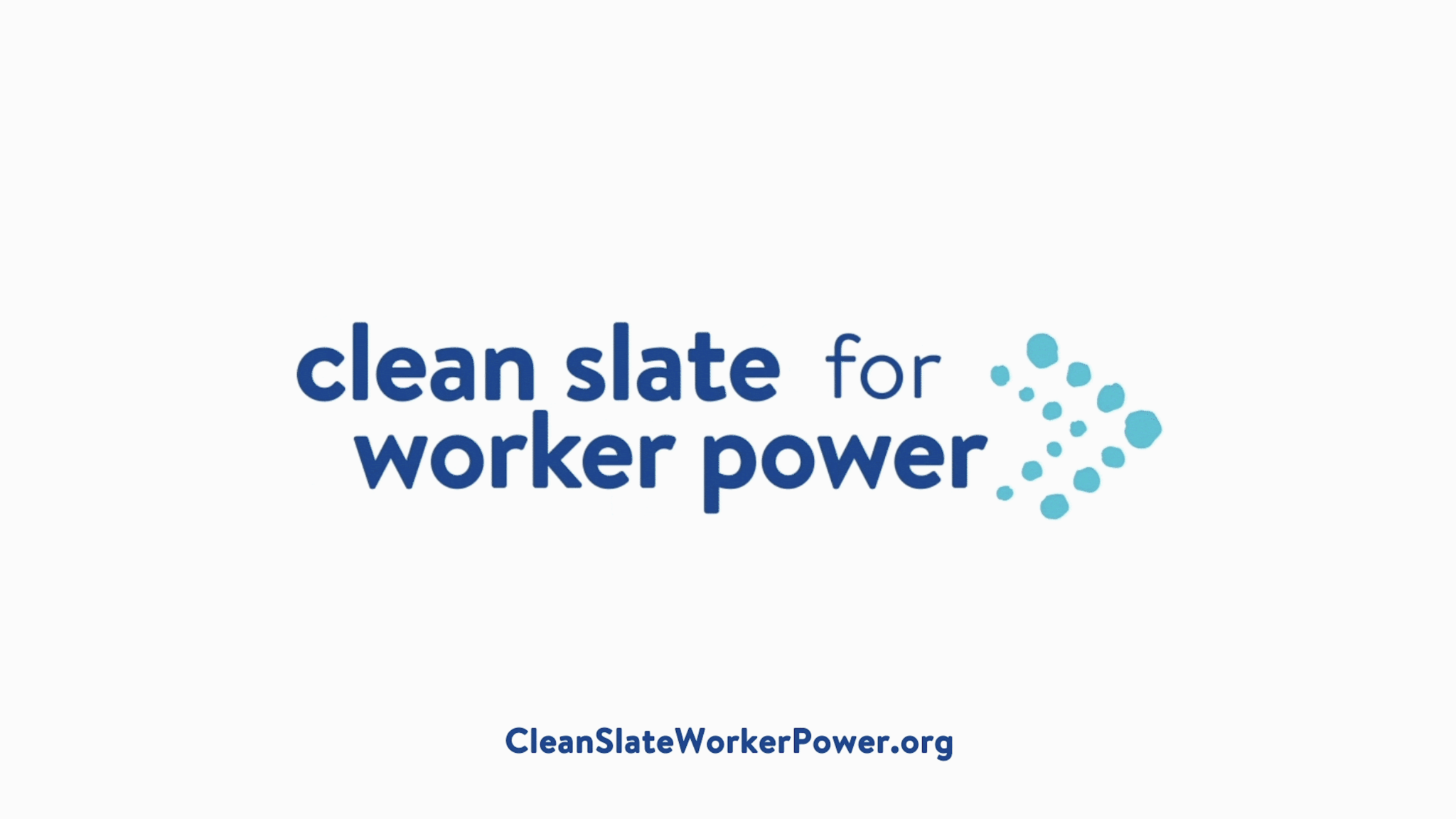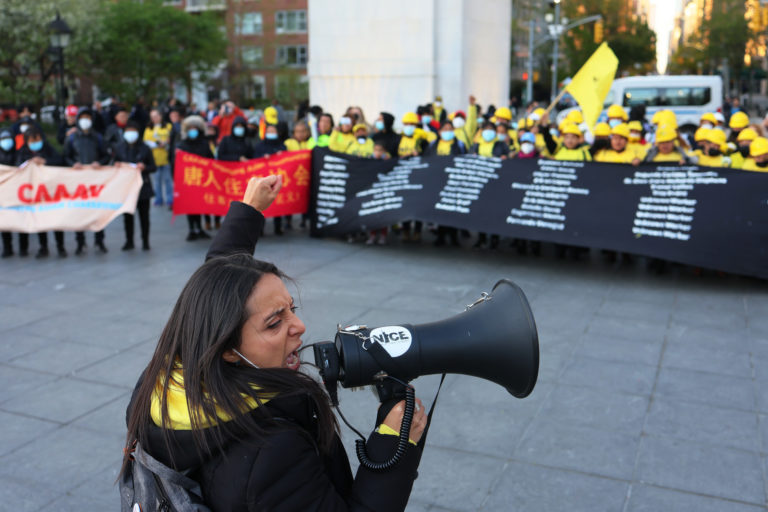Annie Hollister is an Honors Attorney at the U.S. Department of Labor and an alumna of Harvard Law School.
OnLabor’s own Ben Sachs and Sharon Block have launched their recommendations for building a new labor law. As Sharon and Ben explain in a Newsweek op-ed, the recommendations are the culmination of the Clean Slate for Worker Power project, a multi-year collaboration of academics, activists, advocates, labor leaders and practitioners. The Clean Slate report proposes actionable policy interventions to empower working people to build an equitable economy and democracy. Steven Greenhouse summarizes the report for The Guardian, highlighting Clean Slate’s recommendations of creating European-style works councils, allowing minority unionism, and expanding the legal definition of “employee.”
The Bureau of Labor Statistics has released new data on union membership in the United States. In 2019, union membership declined .2%, from 10.5% to 10.3%. The decline has primarily been in private-sector jobs, with little change recorded in the public-sector workforce. However, while the number of unionized private-sector workers has declined overall, the number of unionized “professional” workers has increased by more than 90,000 people. And unions continue to benefit the workers they do represent: overall, workers in unionized jobs reported earning roughly 23% more per week than their nonunion counterparts.
The New York Times reports that a slight majority of payroll jobs (50.4%) are now held by women. According to the Times, this is not good news for American labor: the shift towards a more female workforce is attributable in part to job loss in traditionally male-dominated industries such as manufacturing and the growth of a service-dominated economy. Furthermore, while women increasingly take roles that have traditionally been held by men, working-class men, especially, are still reluctant to move into “pink collar” jobs.
The Los Angeles Times reports on what’s changed – and what hasn’t – in the year since teachers in Los Angeles staged a six-day strike. According to the report, most classroom haven’t seen noticeable changes to their day-to-day operations since 30,000 teachers walked out of their classrooms last year. But, as the paper points out, many of the demands central to the strike resulted in agreements for incremental change. Two key demands have seen modest change: maximum class sizes have been reduced by one student, and a total of eight additional nurses—out of a target of 150—have been hired across the school district.
For the Philadelphia Inquirer, Juliana Feliciano Reyes tells the story of Richard Hooker, Jr., the new leader of Teamsters Local 623. Hooker is the first Black man to lead the century-old local, which represents UPS and Greyhound workers in the Philadelphia region. His election to local leadership was one of seven successful challenges by rank-and-file members to unseat legacy leadership in Teamsters locals across the country. Hooker ran for a leadership in Local 623 after becoming frustrated with union reps who had spent very little time on the shop floor. Since taking over his position, he has focused on educating rank-and-file members about their contract rights end encouraging them to file grievances when they believe those rights have been violated.






Daily News & Commentary
Start your day with our roundup of the latest labor developments. See all
December 19
Labor law professors file an amici curiae and the NLRB regains quorum.
December 18
New Jersey adopts disparate impact rules; Teamsters oppose railroad merger; court pauses more shutdown layoffs.
December 17
The TSA suspends a labor union representing 47,000 officers for a second time; the Trump administration seeks to recruit over 1,000 artificial intelligence experts to the federal workforce; and the New York Times reports on the tumultuous changes that U.S. labor relations has seen over the past year.
December 16
Second Circuit affirms dismissal of former collegiate athletes’ antitrust suit; UPS will invest $120 million in truck-unloading robots; Sharon Block argues there are reasons for optimism about labor’s future.
December 15
Advocating a private right of action for the NLRA, 11th Circuit criticizes McDonnell Douglas, Congress considers amending WARN Act.
December 12
OH vetoes bill weakening child labor protections; UT repeals public-sector bargaining ban; SCOTUS takes up case on post-arbitration award jurisdiction